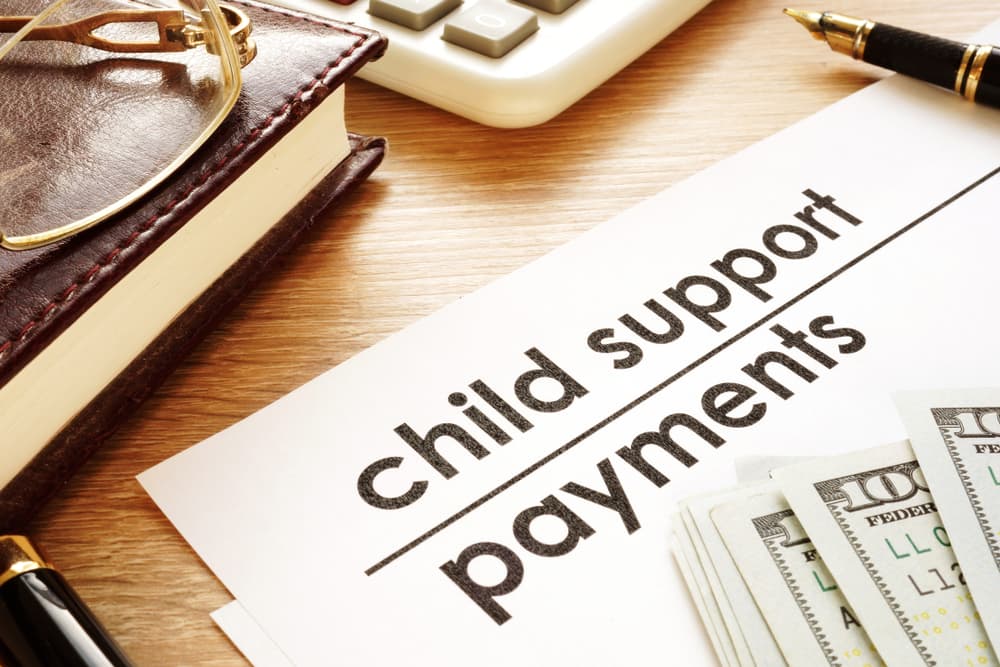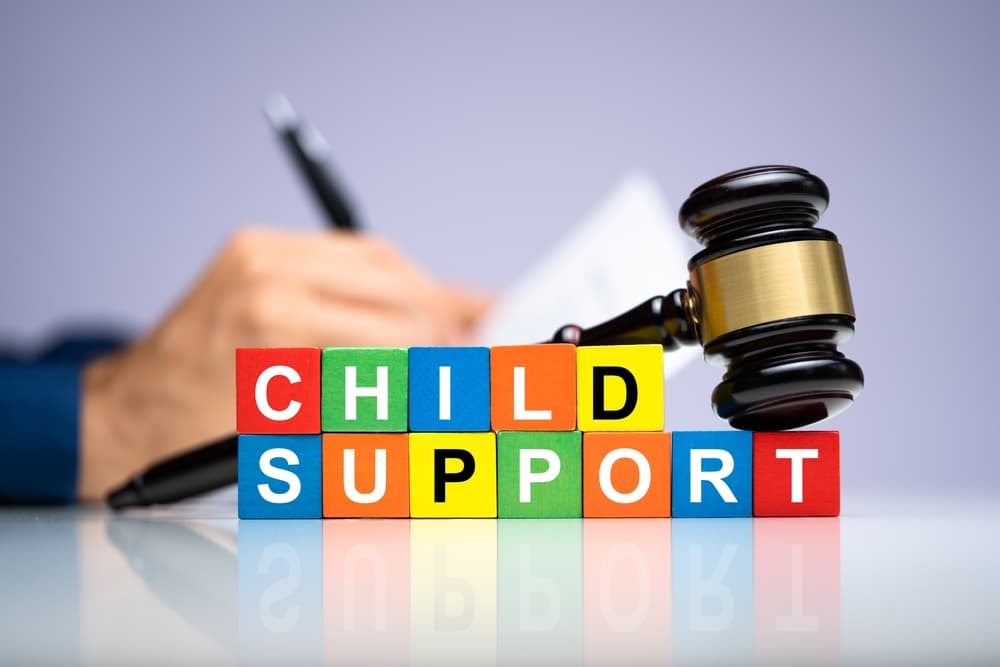Divorce can require you to address several challenging and emotionally draining issues, including child custody and child support.
As a divorced parent, you understand the importance of financial support for your children. In fact, many parents rely on support payments to ensure they can cover their child’s basic needs and expenses. Unfortunately, you may find receiving regular child support more difficult than you imagine.
Further, what happens when the other parent moves out of state? Collecting child support can become even more complicated in these situations.
Below, we explore the steps to collect child support when the other parent moves out of state. We will also discuss the role of a child support attorney and how they can oversee this complex process.
If you find yourself in this situation, don’t hesitate to reach out to a child support lawyer near you for guidance and support. They can ensure you continue to receive the child support you need and deserve under your court order.
BTL Family Law is
Here to Help
Understanding the Challenges
When the other parent moves out of state, collecting child support can become challenging. The difference in jurisdiction and distance can complicate matters and make it difficult to enforce child support orders. You must understand the legal framework and explore the options available to you.
Working with a Child Support Attorney
One of the most effective ways to ensure you receive the child support you and your children are entitled to is by working with a child support attorney. A child support attorney understands family law obligations and has extensive knowledge and experience in handling child support cases.
A child support attorney can be your trusted advocate throughout the process. They will guide you through the legal system and protect your parental rights and the best interests of your children.
Here are some ways a child support attorney can assist you:
- Legal Representation: A child support attorney will represent you in court proceedings and negotiations, presenting your case effectively and persuasively.
- Collecting and Presenting Evidence: Your attorney will help gather the necessary evidence to support your child support claim. This may include financial documents, employment records, and other relevant information.
- Enforcement of Child Support Orders: If the other parent fails to comply with the child support order, your attorney will take the necessary steps to enforce it. This may involve filing a motion for contempt or seeking wage garnishment.
- Modification of Child Support Orders: In some cases, a change in circumstances may warrant modifying the child support order. Your attorney will assess your situation and guide you through requesting a modification if needed.
Other States Honor Child Support Orders

When the other parent moves out of state, you might be concerned about how you will collect child support. The good news is that most states have laws to enforce child support orders across state lines. This means that even if the other parent moves to a different state, you can still receive the financial support that your child deserves.
Each state has a process for registering and enforcing child support orders from another state. This process involves the court system and the cooperation of both states’ child support enforcement agencies. It may take some time and effort, but it is definitely possible to collect child support from a parent who has moved out of state.
Contact an attorney who handles child support enforcement to guide you through this process. They will have the knowledge and experience to navigate interstate child support enforcement.
Taking Legal Action to Collect Ongoing Child Support
When the other parent moves out of state and fails to comply with child support obligations, you may need to take legal action.

Here are the steps you can take:
- Consult with a Child Support Attorney: The first step is to consult with a child support attorney who can assess your case and provide guidance on the best course of action.
- File a Petition: Your attorney will file a petition in the appropriate court seeking enforcement of the child support order.
- Serve the Other Parent: Once the petition is filed, it must be served to the other parent. This is typically done by a process server or a law enforcement officer.
- Attend Court Hearings: Your attorney will represent you in court hearings and present your case to the judge. They will argue for the enforcement of the child support order.
- Enforcement Options: If the other parent still refuses to comply with the child support order, your attorney will explore enforcement options such as wage garnishment, property liens, or contempt of court charges.
How Long Does Child Support Last?
The duration of child support can vary depending on various factors and the unique circumstances of each case. In general, child support typically lasts until the child reaches the age of majority, which is usually 18 years old. However, child support may continue beyond this age, such as if the child is still attending high school or pursuing higher education.
A lot can change while child support orders are in effect, including moves, job changes, additional children being born, and much more. When a parent moves out of state, or there are other major changes in circumstances, it can complicate matters regarding child support.

In some cases, it may be possible to modify the child support order to account for the changes in terms of the new location and circumstances. Your attorney can file the necessary paperwork and represent your interests during court proceedings. The goal is to ensure the child receives the financial support they need, regardless of the parent’s location.
Maintaining child support streams can be challenging, especially when the other parent moves out of state. By seeking the advice and assistance of a knowledgeable family law attorney, you can protect your child and yourself throughout the process. Remember, every situation is unique, and having the right legal guidance will help you reach a fair and just resolution for all parties involved.
